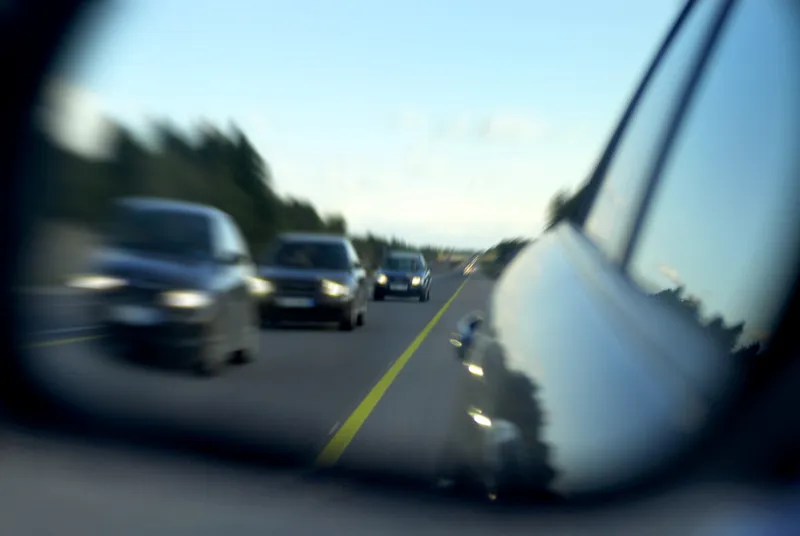Odense municipality in Denmark has installed Bluetooth sensors along the city’s ring road to gather data on travel times and traffic flow.
The BlipTrack system, manufactured by Danish company Blip Systems, utilises sensors at strategic points in the road network to detect signals from Bluetooth-enabled devices in passing cars to collect traffic and travel time information.
The data will enable Odense traffic officials to improve the capacity of existing roads and detect changes in traffic patterns. In
October 1, 2013
Read time: 1 min
Odense municipality in Denmark has installed Bluetooth sensors along the city’s ring road to gather data on travel times and traffic flow.
The BlipTrack system, manufactured by Danish company3778 Blip Systems, utilises sensors at strategic points in the road network to detect signals from Bluetooth-enabled devices in passing cars to collect traffic and travel time information.
The data will enable Odense traffic officials to improve the capacity of existing roads and detect changes in traffic patterns. In addition, traffic lights can be adjusted to optimise traffic flows and reduce travel time.
The BlipTrack system, manufactured by Danish company
The data will enable Odense traffic officials to improve the capacity of existing roads and detect changes in traffic patterns. In addition, traffic lights can be adjusted to optimise traffic flows and reduce travel time.









